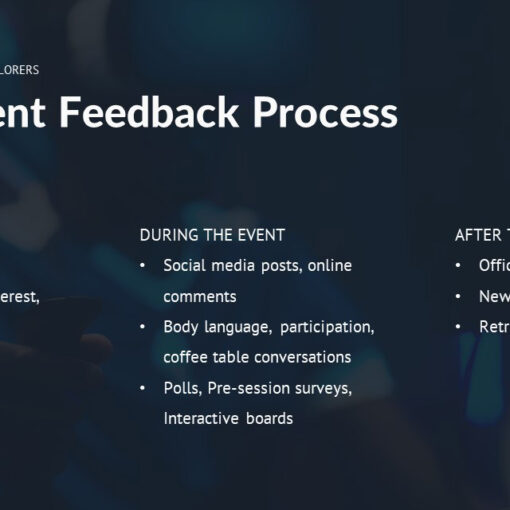On 26‒27 June 2024, the European Commission organized the workshop Artificial Intelligence in Education and Training in Brussels. The aim of the workshop was to explore the teacher’s and educator’s concerns and opinions on AI. The workshop programme included keynote speech of Francesca Maltauro (European Commission), ice-breaking activities, brainstorming and groups work. The group work was centered around the challenges and opportunities of AI for educators, identifies by survey which was sent to participants prior to the workshop.
Forty-six teachers and educators from 20 EU countries took part to discuss the most critical topics including privacy and security, accessibility and equity, teacher training and professional development, ethical concerns, curriculum integration, critical thinking development, engagement, infrastructure, and costs.
![[Alt text: people listening to a presentation.]](https://blogit.lab.fi/labfocus/wp-content/uploads/sites/8/2024/08/646_2024_Artificial-intelligence-in-education-and-training_1-1024x582.jpg)
By using the design thinking approach, each team addressed specific challenge, developed, and presented solution, and received the feedback from peers. The materials will be used in producing a report based on the practical knowledge about challenges and opportunities of AI for teaching and learning. Olga Bogdanova represented the Pathfinder project (LAB 2024) and took part in discussing the barriers and opportunities in teachers’ training on AI.
![[Alt text: women sitting at the table and smiling, on the table papers and laptops.]](https://blogit.lab.fi/labfocus/wp-content/uploads/sites/8/2024/08/646_2024_Artificial-intelligence-in-education-and-training_2-1024x566.jpg)
Digital Education Hub promotes AI for educators
During the second day of the event, Lidija Kralj presented an initiative of the European Commission – European Digital Education Hub, and online collaborative community for digital education enthusiasts in Europe and beyond (European Commission 2024). The European Digital Education Hub has outlined distinct skills required for educators, school administrators, IT support staff, and other education professionals.
There is a notable distinction between the skills needed by those who will teach AI concepts and technologies and those who will use AI to support teaching and learning. However, it is essential for all teachers to understand the impact of AI on individuals and to develop competencies for teaching both about and with AI. The report produced by the squad on artificial intelligence in education of the European Digital Education Hub focuses on the skills needed for teaching with AI (Artificial Intelligence for and by teachers 2024). Teachers can use this report to evaluate own skills of using AI for teaching and learning. These skills will be also taught in autumn 2024 in the teacher’s training programme “AI for teaching and learning” organized by the Pathfinder project.
Author
Olga Bogdanova works as an RDI Specialist at LAB University of Applied Sciences and acts as a project manager at the Pathfinder project which supports the AI skills for teaching and learning.

References
Artificial Intelligence for and by teachers. 2024. Teachers‘ competences. Briefing report No. 1 by the European Digital Education Hub’s squad on artificial intelligence in education. Cited 1 Aug 2024. Available at https://www.ai4t.eu/wp-content/uploads/2023/08/AI-squad-output_briefing-report-1.pdf
European Commission. 2024. European Digital Education Hub. Cited 1 Aug 2024. Available at https://education.ec.europa.eu/focus-topics/digital-education/action-plan/european-digital-education-hub
LAB. 2024. Pathfinder. Project website. Cited 1 Aug 2024. Available at https://lab.fi/en/project/pioneering-ai-technology-higher-education-facilitate-innovation-and-nurture-development




